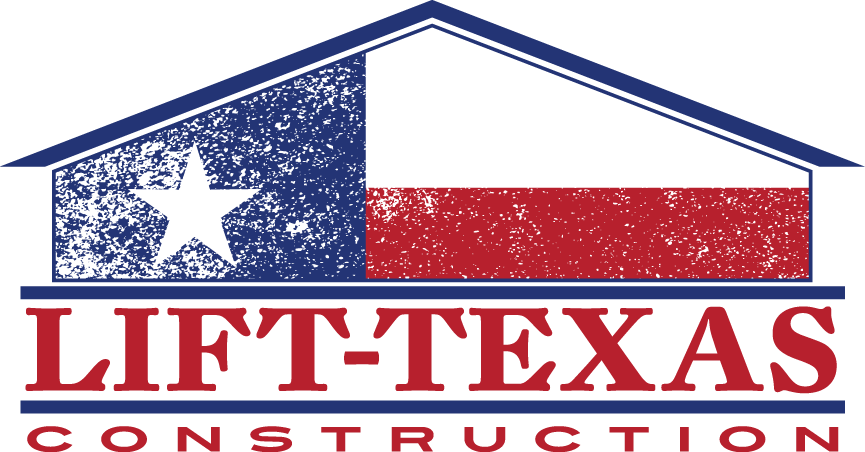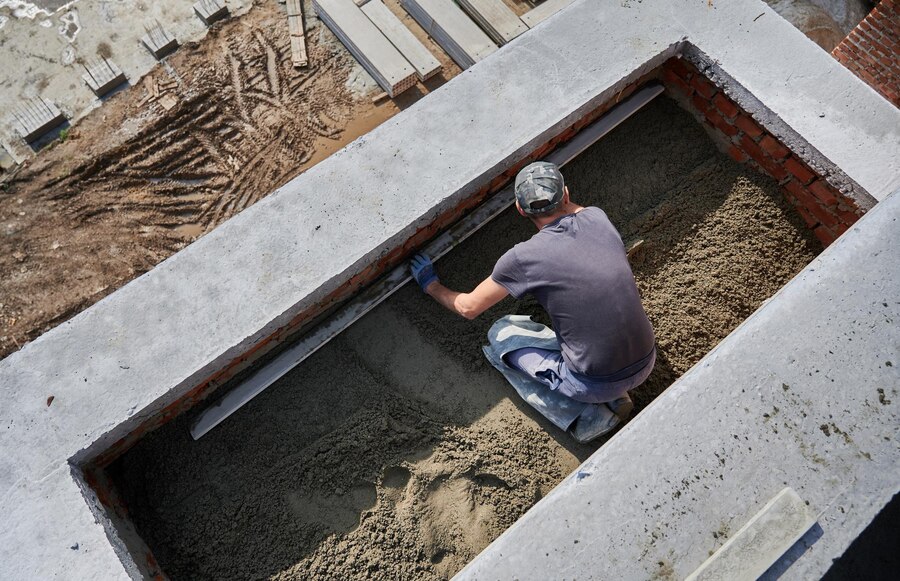The foundation is the bedrock of any home, ensuring stability and safety. In Texas, homeowners face unique challenges that can affect their foundations. The state’s distinct soil types and ever-changing weather conditions play significant roles in how well a foundation holds up over time.
Texas is known for its expansive clay soils. These types of soils tend to expand when wet and shrink when dry, leading to shifts and potential damage to home foundations. Coupled with the state’s sometimes harsh weather patterns, from scorching heat to heavy rains, these soil movements can cause real headaches for homeowners.
Understanding the factors that affect foundations in Texas is essential for both preventing issues and maintaining the structural health of your home. By being informed and proactive, you can ensure that your home stays strong against the challenges of Texas soil and weather.
Understanding Soil Types and Their Impact
Texas is home to a variety of soil types, each affecting home foundations differently. The most challenging among them is clay soil, which is widespread across the state. Known for its ability to expand and contract with moisture levels, clay soil poses a significant risk to foundation stability. When it rains, clay absorbs water, expands, and pushes against the foundation. In dry periods, the soil loses moisture, contracts, and pulls away from the structure, creating gaps and uneven settling.
Other common soil types in Texas include sandy soil and loamy soil. Sandy soil drains water quickly, reducing the risk of swelling but increasing the risk of erosion and shifting due to lack of support. Loamy soil, on the other hand, retains moisture well and provides a more stable base compared to clay, but it can still compact and shift over time.
Understanding the type of soil around your home helps gauge the risk of foundation problems. Knowing how these soils interact with water and changing weather is crucial for implementing effective preventive measures. This awareness is the first step in protecting your home from potential damage.
Recognizing Climate Challenges
The Texas climate presents unique challenges for home foundations. The state experiences hot summers and occasional droughts, which can make the soil extremely dry and lead to substantial contraction. This dryness causes the ground to pull away from your home, weakening the foundation’s support. During these times, it’s common to see cracks in walls and uneven floors due to foundation settling.
On the flip side, Texas weather can also involve periods of heavy rainfall and flooding. These conditions cause the soil to become saturated, leading clay-rich soil to swell and exert pressure on the foundation. This can result in uplift and lateral movement, stressing the structural integrity of homes.
Moreover, some regions in Texas are prone to flash floods, which contribute to rapid erosion and soil movement. This shifting can create instability in the foundation over time. Recognizing these climate-driven challenges is key to taking the right steps to safeguard your home from potential foundation issues. By being prepared for both ends of the weather spectrum, homeowners can ensure their foundations remain resilient.
Identifying Common Foundation Problems
Homes in Texas often experience specific foundation issues due to the state’s unique soil and weather conditions. One frequent problem is cracks in the walls and floors. These cracks often appear in stair-step patterns in bricks or along the concrete in floors, signaling a shift in the foundation. Another issue is settling, where parts of the house sink more than others, leading to uneven floors and sagging ceilings.
Upheaval is also common, where parts of the foundation lift due to increased moisture in the soil or pressure from expanding clay. This can cause doors and windows to stick or not close properly. You might notice gaps around window frames or doors pulling away from the walls as a sign of foundation movement.
Foundation problems tend to occur more often in areas with high clay content in the soil and regions subject to extreme weather changes. Homes built near riverbanks or flood zones are particularly susceptible to problems due to the added risk of erosion and shifts from water flow. Recognizing these common issues early helps homeowners take corrective action before the damage becomes severe.
Solutions and Preventive Measures
Several strategies can help prevent and address foundation problems in Texas homes. One of the most effective measures is ensuring proper drainage around your home. Keeping gutters clean and extending downspouts away from the foundation minimizes water accumulation and helps keep soil moisture levels stable.
Managing the landscape is another key step. Plant trees and shrubs away from the foundation to prevent root pressure and allow soil to retain balanced moisture levels. Water the soil around your home during dry periods to prevent significant contraction, helping to maintain a stable foundation.
Regular inspections are essential for identifying potential issues early. Inspect the areas around your foundation for signs of cracking or shifting and take action when necessary. Hiring a professional to conduct annual checks can also be beneficial, as they can spot problems and offer expert advice on maintaining foundation health.
Taking a proactive approach with these solutions helps keep your home’s foundation secure and minimizes the risk of costly repairs in the future.
Conclusion
Understanding and addressing the factors that lead to foundation issues in Texas is essential for homeowners who want to protect their investment. Soil composition, climate, and location all significantly influence a foundation’s stability. Recognizing early warning signs like cracks, settling, or upheaval can prevent small problems from becoming significant challenges.
Applying effective preventive measures and conducting regular inspections are key steps in safeguarding your home’s foundation. By focusing on proper drainage, landscape management, and routine professional evaluations, you ensure that your home remains stable and secure.
At Lift-Texas Construction, we specialize in tackling foundation problems unique to Texas homes. Our expert team is ready to help with inspections and repairs to keep your foundation strong. Call our foundation specialists today to learn how we can help maintain the structural integrity of your home and give you peace of mind.

